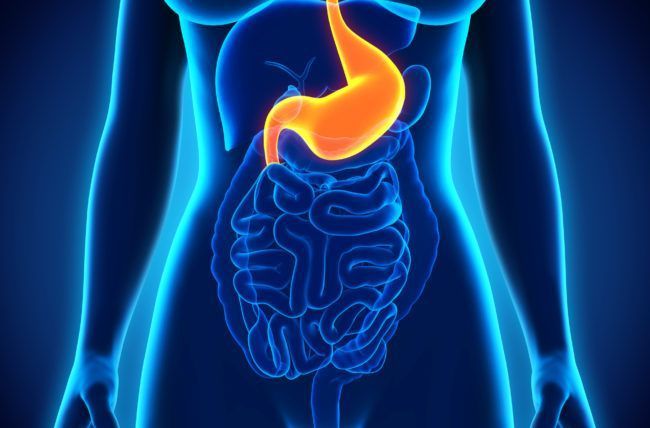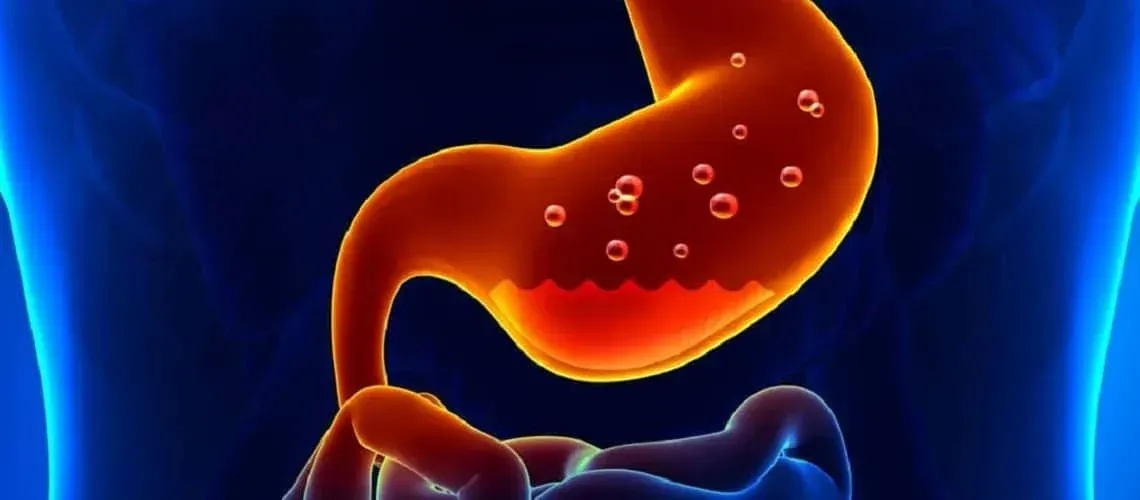Understanding Gastroparesis: Treatment Options and Clinical Research Insights
Gastroparesis is a gastrointestinal disorder characterized by delayed emptying of the stomach, leading to symptoms such as nausea, vomiting, and bloating. In this article, we explore the complexities of gastroparesis, the available treatment options, and the role of Gastroenterology Clinical Research in advancing our understanding of this condition. From investigating innovative therapies to participating in San Diego clinical trials for gastroparesis, we delve into the multidimensional approach to managing this challenging disorder. Join us as we unravel the intricacies of gastroparesis and shed light on the latest developments in its treatment.
Decoding Gastroparesis: Symptoms and Diagnosis:
Gastroparesis presents with a range of symptoms, including early satiety, abdominal pain, and erratic blood sugar levels, making diagnosis challenging. By understanding the hallmark signs of gastroparesis and utilizing diagnostic tests such as gastric emptying studies, healthcare providers can accurately identify and manage this condition. Early detection and intervention are crucial in alleviating symptoms and improving quality of life for individuals with gastroparesis.
Treatment Modalities for Gastroparesis:
The management of gastroparesis involves a multidisciplinary approach aimed at controlling symptoms and improving gastric motility. Treatment options may include dietary modifications, medications to enhance stomach emptying, and in severe cases, surgical interventions like gastric electrical stimulation. Tailoring treatment plans to individual needs and symptom severity is essential in optimizing outcomes for patients with gastroparesis.
Role of Gastroenterology Clinical Research in Gastroparesis Management:
Gastroenterology Clinical Research plays a pivotal role in expanding our knowledge of gastroparesis and exploring novel therapeutic
interventions. By participating in clinical trials focused on gastroparesis, healthcare providers and patients contribute to the development of innovative treatment strategies and advancements in gastroenterology. Research initiatives help bridge gaps in current treatment modalities and pave the way for personalized care in gastroparesis management.
San Diego Clinical Trials: Pioneering Advances in Gastroparesis Treatment:
San Diego serves as a hub for cutting-edge clinical trials that are at the forefront of revolutionizing gastroparesis treatment. By engaging in clinical trials, individuals with gastroparesis gain access to state-of-the-art therapies and contribute to the collective knowledge of this complex disorder. Participation in San Diego clinical trials offers a unique opportunity to explore emerging treatments and potentially improve outcomes for individuals living with gastroparesis.
In conclusion, gastroparesis poses significant challenges in diagnosis and management, but advancements in treatment options and clinical research offer hope for individuals affected by this condition. By understanding the symptoms, exploring diverse treatment modalities, recognizing the role of Gastroenterology Clinical Research, and embracing opportunities in San Diego clinical trials, individuals can navigate the complexities of gastroparesis with optimism and proactive healthcare engagement.
¡FREE LABS!
EVERY FRIDAY 8 AM - 9:30 AM
Or call us to make an appointment
No need to fast
No long waits
inmediate exam results
Lipid panel • Liver function test • Glucose levels to screen for diabetes • Body mass index • Hemoglobin measurement to rule out anemia • Blood pressure • Glycosylated hemoglobin to monitor and confirm diabetes • Electrocardiogram • Ultrasound to detect liver fibrosis • Dietetic education

BLOG








